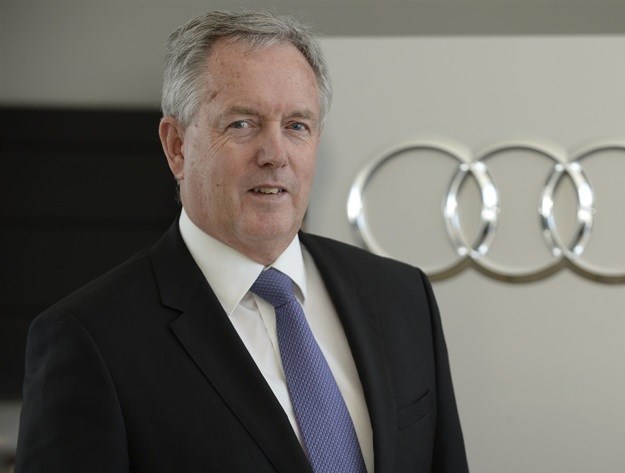
Related
Top stories




Five automotive sector growth trends for 2018:
While the broader automotive market can expect to see somewhat marginal improvement in volumes as we move into 2018, it remains highly unlikely that it will attract meaningful new investment until economic growth and an unstable rand are adequately addressed. Key to this is that growth – especially in the premium automotive segment – will be almost entirely organic and as a result of relative volume improvements arising from the introduction of new models.
In 2019, we have plans to introduce the first fully electric Audi vehicle in South Africa - bringing what is arguably the most technically advanced vehicle ever produced by Audi to this continent. Most importantly, this represents an intentional multi-million rand investment in creating the youngest portfolio of vehicles available locally as part of a deliberate effort to address a scenario where economic fundamentals, access to credit and poor consumer confidence are working against efforts to develop this market. What’s key, is that the very real impact of this on consumer behaviour is already being felt with a visible extension in the traditional timeframes associated with a three-to-four-year new vehicle rotation cycles.
Further to this is improved access to credit finance and obvious positive benefits associated with improvement in interest rates and inflation. Already we are seeing some strong positive improvements in volumes in August because of just this and we expect this to continue with further rates cuts in 2018.
So, while not a new theme, a poor macro-economic environment must be acknowledged as the most fundamental roadblock to the development and growth of a sector that drives progress in terms of much-needed job creation, much needed foreign and domestic investment and much-needed export earning potential.
Indeed, the lack of opportunities to invest is seriously concerning. The absence of sustainable and clear prospects remains a handbrake on general market confidence (and consumer spending) as well as the ability for the sector to trigger valuable (and long-term) downstream economic and social shared value.
As we move into a more positive 2018, government also needs to address additional refining capacity and a wholesale improvement in overall fuel quality standards.
Resolving poor petrol and diesel standards will add greater impetus to our ability to introduce even more models to this market and support a domestic automotive growth agenda.
Closing the policy gap to electrification presents a significant growth opportunity. This acknowledges a broad-based need for the sector to fundamentally address its own role in what a mobility environment of the future looks like. Indeed, this is not just a global issue.
Locally, there remains an urgent need to deliver structurally to enable better electrification and improved mobility. Steps to address this will improve overall competitive performance for the country in terms of key drivers such as innovation, goods market efficiency and labour market efficiency. There is no doubt that there is potential for growth in the local automotive environment, and that we can build a much bigger premium segment as a result.
However, all role players must make a concerted effort to address the barriers to economic growth. The reality is that to grow one of South Africa’s most important segments, we must address the remaining structural areas.
